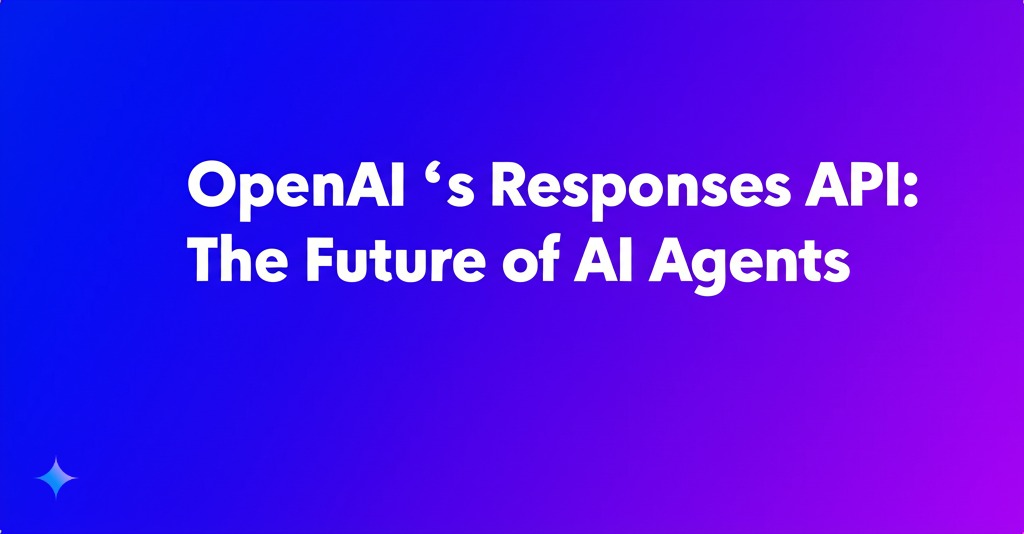Artificial Intelligence is evolving at breakneck speed, and OpenAI just dropped a major upgrade that could redefine how developers build AI-driven applications. Meet the Responses API—a brand-new developer tool that lets you create autonomous AI agents capable of searching the web, navigating files, and performing complex tasks independently.
If you’re a developer looking to build the next-generation AI-powered app, you’ll want to stick around. This post breaks down what OpenAI’s Responses API offers, who can use it, and why it might be a game-changer for AI development.
What Is OpenAI’s Responses API?
The Responses API is OpenAI’s latest developer tool designed to simplify AI agent creation. It enables applications to:
- Conduct Web Searches – Retrieve real-time information with citations, much like ChatGPT’s browsing capabilities.
- Use a Computer’s Interface – Manage files, run programs, and execute commands directly on a user’s machine.
- Search Through Documents – Efficiently process and retrieve relevant information from large text files.
This release replaces OpenAI’s Assistants API, which will be phased out by mid-2026.
Who Can Use It? Do You Need a Paid Subscription?
The best part? The Responses API is free for all developers. Unlike some of OpenAI’s premium services (like ChatGPT Pro at $200/month), this tool is accessible to anyone looking to integrate powerful AI agents into their applications.
However, OpenAI still offers higher-tier subscriptions for those who need additional API usage, faster response times, and access to its most advanced models.
Why This Matters: The Power of AI Autonomy
Until now, AI tools have largely been reactive—generating responses based on prompts but lacking the ability to proactively retrieve and analyze external data. The Responses API changes that by giving developers:
- More Control: Instead of relying on pre-trained data, AI agents can now fetch real-time, up-to-date information.
- Increased Efficiency: Automating research-heavy or repetitive tasks saves businesses hours of manual work.
- Enhanced Capabilities: Applications can now access external tools and data sources dynamically.
This positions OpenAI as a serious contender in the AI agent revolution, competing with similar offerings from Anthropic, Google DeepMind, and Microsoft.
How Developers Can Get Started
Want to try it out? Here’s a simple roadmap:
- Sign Up on OpenAI’s Developer Portal – No premium subscription required.
- Read the API Documentation – OpenAI provides detailed guides on integrating the Responses API into your project.
- Test It with a Simple Use Case – For instance, create an AI bot that fetches stock market updates in real time.
- Scale Up as Needed – Once you’re comfortable, explore how to integrate it into larger applications, like AI-powered customer service platforms.
The Future of AI Agents
With OpenAI leading the charge, we’re stepping into an era where AI is not just a passive assistant but an active, autonomous agent capable of real-world problem-solving. The Responses API marks a huge leap forward in AI’s evolution, offering developers new ways to build smarter, more proactive applications.
So, are you ready to explore the potential of AI-powered agents? Sign up for OpenAI’s Responses API and start building today!
